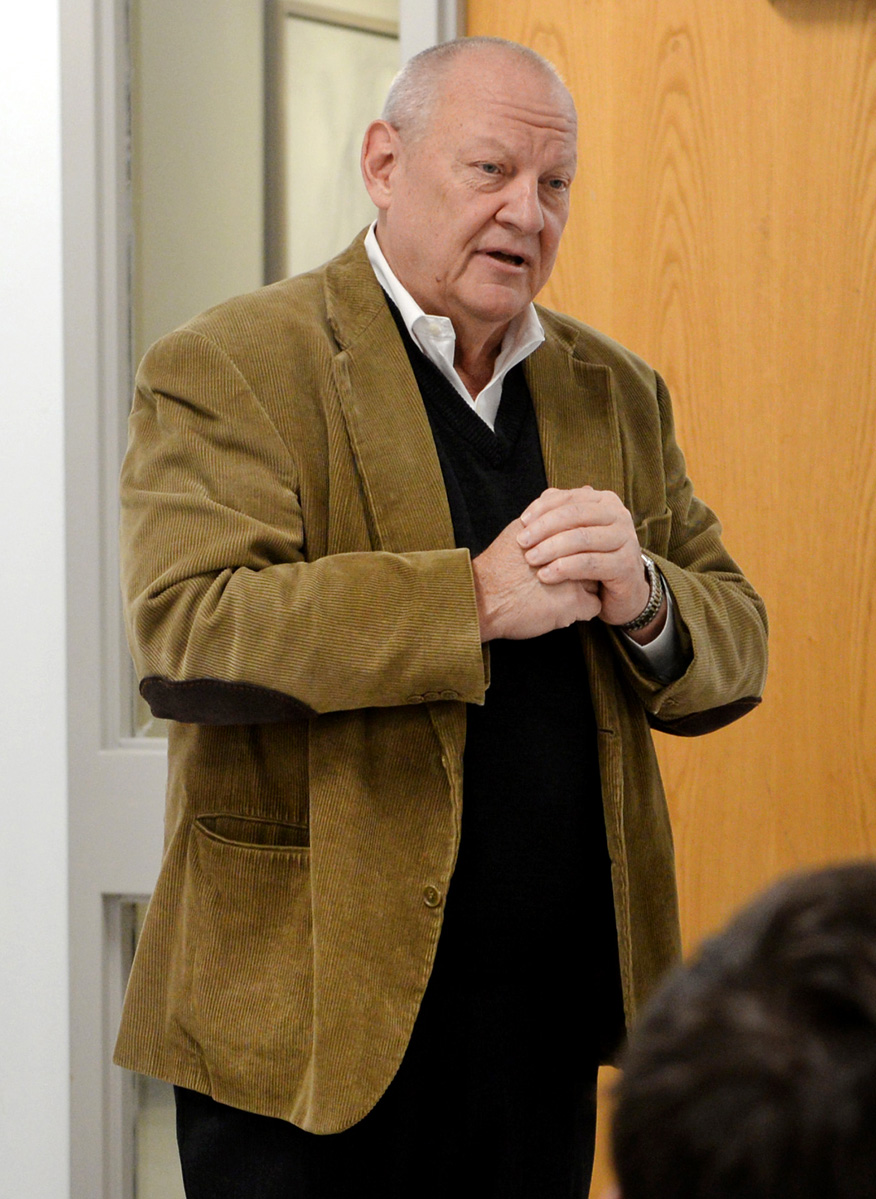Election 2020: Is climate change still a relevant issue?
Last year at this time climate change was the primary issue shaping global politics. Today, of course, things are a little different and the fate of the ecosystem is not a pressing issue.
A recent Harris Poll survey done for Fortune magazine determined that climate change dropped from being the most important issue for Americans in December to being the second-to-last among a dozen issues impacting the nation. Even Harris Poll CEO Will Johnson was surprised by the findings, telling a Washington Examiner interview that he was “personally surprised and discouraged to discover that our devotion to the world around us is flagging.”
Yet Johnson wondered why the focus on climate change disappeared.
“Covid-19 and the recession have, of course, reordered priorities around the world,” he said. “Still, the coronavirus didn”™t elbow aside other issues as muscularly as it did climate change.”

Gary L. Rose, professor and chairman of the Department of Government at Sacred Heart University and author of “Connecticut in Crisis: Policy Challenges and the 2018 Contest for Governor,” acknowledged that the existential threat created by the pandemic to both public health and the economy have obscured the climate change debate, noting that “it”™s amazing how quickly that went down.” Rose added that an attempt by Democratic Party presidential nominee Joe Biden to revive the issue with a proposal to aim for carbon-free electricity by 2035 did not resonate with voters.
“First of all, the number of persuadable voters is not huge these days,” Rose said. “But, nevertheless, I don”™t think that that issue is going to be enough to pull a bloc of undecided voters one way or another. The climate change issue just further solidifies belief in Biden among Democrats.”
On the flip side, Rose noted the pushback to climate change concerns by President Trump is being used to strengthen his base and not lure undecided voters.
“I think it”™s more of a base issue right now with Trump saying to his base in the energy industry that this is going to be calamitous to the oil companies and to the coal industry jobs,” he said. “I think that could potentially have some bearing on voters in Rust Belt states and in states where the oil industry and fracking is very important. If Trump can effectively tie climate change to the infrastructure problem or to the infrastructure projects that Biden is proposing, then I think that that could probably strengthen his support with his base.”
Rose acknowledged climate change has been a higher priority among residents in Blue States than Red States, adding that state-level focus on climate change has less to do with political policy and is more focused on building the local economy via clean tech solutions.
“In some states, it can be relevant for generating the economy and generating employment again,” he said. “You can”™t deny that they would certainly have positive impact on states that have suffered unemployment. But I don”™t think the green energy issue alone is going to really be the factor ”” that is not the paramount dimension to bringing these companies to the various states.”
Rose highlighted that a renewed focus on the Green New Deal advocated by U.S. Rep. Alexandria Ocasio-Cortez of New York as a factor in keeping the issue relevant within the Democratic base, but he did not see it shaping the election.
“I don”™t think that it really became rooted in an acceptance among a lot of American people largely because of the way that the opposition ”” and the Republicans, in particular ”” mocked it and criticized it,” he said. “I think it only further polarized people. It didn”™t bring the country together, that”™s for sure, not like the New Deal or the Fair Deal or the Great Society.”
In the event of a Democratic sweep of the presidency and both chambers of Congress in the upcoming election, Rose was uncertain whether the Green New Deal could become law.
“We would get into an awful lot of special interest politics and the role of lobbyists and companies that could very well be hurt by the Green New Deal,” he said. “I have a feeling there are so many minefields out there that can potentially sabotage efforts to move forward. There could be a lot of support for it among elements of the Democratic Party in Congress and even Biden, but I think that in the end the special interests that are opposed to that are probably so strong and so embedded that I don”™t see it being passed into law.”